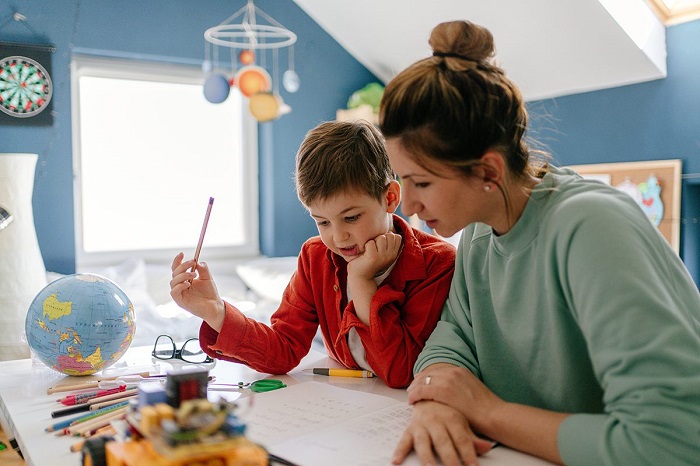The popularity of home schooling has grown considerably over the last decade. It is estimated that one in five children are now learning at home. One survey, conducted by the National Center for Education Statistics, showed that rates of home schooling increased by 119% in grades K-5. This trend is particularly pronounced among Black families. However, some experts question the validity of these statistics.
Despite the controversies over home schooling, many parents report that it is a rewarding experience. Some families take their students to local parks to complete workbooks or to local attractions. Others have planted lettuce and built volcanoes in the snow. Others are opting to home school because they feel they can provide their children with a higher quality of education and a more individualized education.
The growth of home schooling is unlikely to slow down, but it is likely to continue as long as there are parents who cannot find comfortable places in the public school system. This trend has also become a vehicle for parents to connect with private and charter school providers. It is important to remember that home schooling is not a substitute for traditional public schooling.
Home schooling has a long history in the United States. It is the preferred educational option for many people. Originally, the concept of home schooling was associated with Christian homeschooling. However, there are several reasons why people choose to home school their children. In the 1960s, home schooling was a popular choice among evangelical Christians and left-wing parents. These groups had concerns over the secularization and liberal values of public schools. However, the recent pandemic has led a more diverse group of parents to consider home schooling.
Home schooling allows parents to choose the curriculum for their child. While traditional schools require all children to receive a full-time education, home schooling allows parents to choose the curriculum that best suits their child. For example, parents can customize the learning environment for the child through their child’s interests and projects. Home schoolers can also use self-directed learning methods to supplement regular subjects.
Home schoolers also receive valuable help from their local public schools. The only downside is that they are unlikely to return in mass numbers to conventional public schools. For many home schoolers, the public schools are perceived to be hostile and unsupportive environments. Besides, many home schoolers find that the classroom approach doesn’t produce the results they were looking for. Home schoolers can also connect with other homeschoolers in their communities.
Home schooling is an excellent alternative for families who wish to spend more time with their children. While it can be a lonely endeavor, homeschooling offers many benefits for children. In addition to flexibility, home schooling allows parents to choose the curriculum methods. A home schooled child will be more likely to learn and develop skills necessary for success.





